What Are The Negative Impacts Of Artificial Intelligence (AI)?
2 July 2021
Artificial intelligence (AI) is doing a lot of good and will continue to provide many benefits for our modern world, but along with the good, there will inevitably be negative consequences. The sooner we begin to contemplate
what those might be, the better equipped we will be to mitigate and manage the dangers.
.png)
Legendary physicist Stephen Hawking shared this ominous warning: “Success in creating effective AI could be the biggest event in the history of our civilisation. Or the worst. So we cannot know if we will be infinitely helped by AI or ignored by it and sidelined, or conceivably destroyed by it.”
The first step in being able to prepare for the negative impacts of artificial intelligence is to consider what some of those negative impacts might be. Here are some key ones:
1. AI Bias
Since AI algorithms are built by humans, they can have built-in bias by those who either intentionally or inadvertently introduce them into the algorithm. If AI algorithms are built with a bias or the data in the training sets they are given to learn from is biassed, they will produce results that are biassed. This reality could lead to unintended consequences like the ones we have seen with discriminatory recruiting algorithms and Microsoft’s Twitter chatbot that became racist. As companies build AI algorithms, they need to be developed and trained responsibly.
2. Loss of Certain Jobs
While many jobs will be created by artificial intelligence and many people predict a net increase in jobs or at least anticipate the same amount will be created to replace the ones that are lost thanks to AI technology, there will be jobs people do today that machines will take over. This will require changes to training and education programmes to prepare our future workforce as well as helping current workers transition to new positions that will utilise their unique human capabilities.
3. A shift in Human Experience
If AI takes over menial tasks and allows humans to significantly reduce the amount of time they need to spend at a job, the extra freedom might seem like a utopia at first glance. However, in order to feel their life has a purpose, humans will need to channel their newfound freedom into new activities that give them the same social and mental benefits that their job used to provide. This might be easier for some people and communities than others. There will likely be economic considerations as well when machines take over responsibilities that humans used to get paid to do. The economic benefits of increased efficiencies are pretty clear on the profit-loss statements of businesses, but the overall benefits to society and the human condition are a bit more opaque.
4. Global Regulations
While our world is a much smaller place than ever before because of technology, this also means that AI technology that requires new laws and regulations will need to be determined among various governments to allow safe and effective global interactions. Since we are no longer isolated from one another, the actions and decisions regarding artificial intelligence in one country could adversely affect others very easily. We are seeing this already playing out, where Europe has adopted a robust regulatory approach to ensure consent and transparency, while the US and particularly China allows its companies to apply AI much more liberally.
5. Accelerated Hacking
Artificial intelligence increases the speed of what can be accomplished and in many cases, it exceeds our ability as humans to follow along. With automation, nefarious acts such as phishing, delivery of viruses to software and taking advantage of AI systems because of the way they see the world, might be difficult for humans to uncover until there is a real quagmire to deal with.
6. AI Terrorism
Similarly, there may be new AI-enabled form of terrorism to deal with: From the expansion of autonomous drones and the introduction of robotic swarms to remote attacks or the delivery of disease through nanorobots. Our law enforcement and defence organisations will need to adjust to the potential threat these present.
It will take time and extensive human reasoning to determine the best way to prepare for a future with even more artificial intelligence applications to ensure that even though there is potential for adverse impacts with its further adoption, it is minimised as much as possible.
As is the case with any disruptive event, these aren’t easy situations to solve, but as long as we still have humans involved in determining solutions, we will be able to take advantage of the many benefits of artificial intelligence while reducing and mitigating the negative impacts.
Related Articles
A Beginner’s Guide To Building AI Agents
By now, “smart” versions exist of just about every home appliance, gadget and gizmos we can think of. However, manufacturers continue[...]
5 Business Trends Every Company Must Prepare for in 2026
By now, “smart” versions exist of just about every home appliance, gadget and gizmos we can think of. However, manufacturers continue[...]
The Quantum Revolution Is Here, And It’s About More Than Just Computing
By now, “smart” versions exist of just about every home appliance, gadget and gizmos we can think of. However, manufacturers continue[...]
AI Browser Agents Radically Transform How We Use The Internet
By now, “smart” versions exist of just about every home appliance, gadget and gizmos we can think of. However, manufacturers continue[...]
The 6 Defining Manufacturing Trends Of 2026
By now, “smart” versions exist of just about every home appliance, gadget and gizmos we can think of. However, manufacturers continue[...]
Enterprise AI Meets The Digital Labor Economy: My Highlights From Workday Rising EMEA
By now, “smart” versions exist of just about every home appliance, gadget and gizmos we can think of. However, manufacturers continue[...]
Sign up to Stay in Touch!
Bernard Marr is a world-renowned futurist, influencer and thought leader in the fields of business and technology, with a passion for using technology for the good of humanity.
He is a best-selling author of over 20 books, writes a regular column for Forbes and advises and coaches many of the world’s best-known organisations.
He has a combined following of 4 million people across his social media channels and newsletters and was ranked by LinkedIn as one of the top 5 business influencers in the world.
Bernard’s latest book is ‘Generative AI in Practice’.




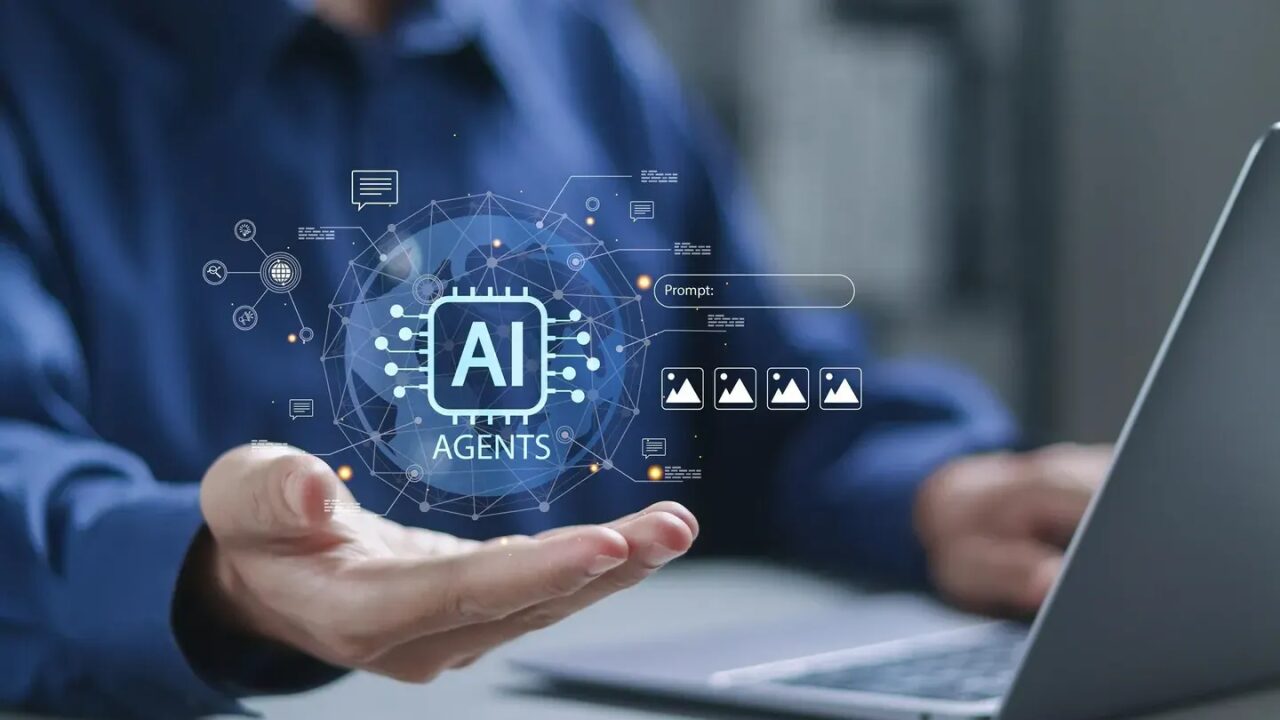
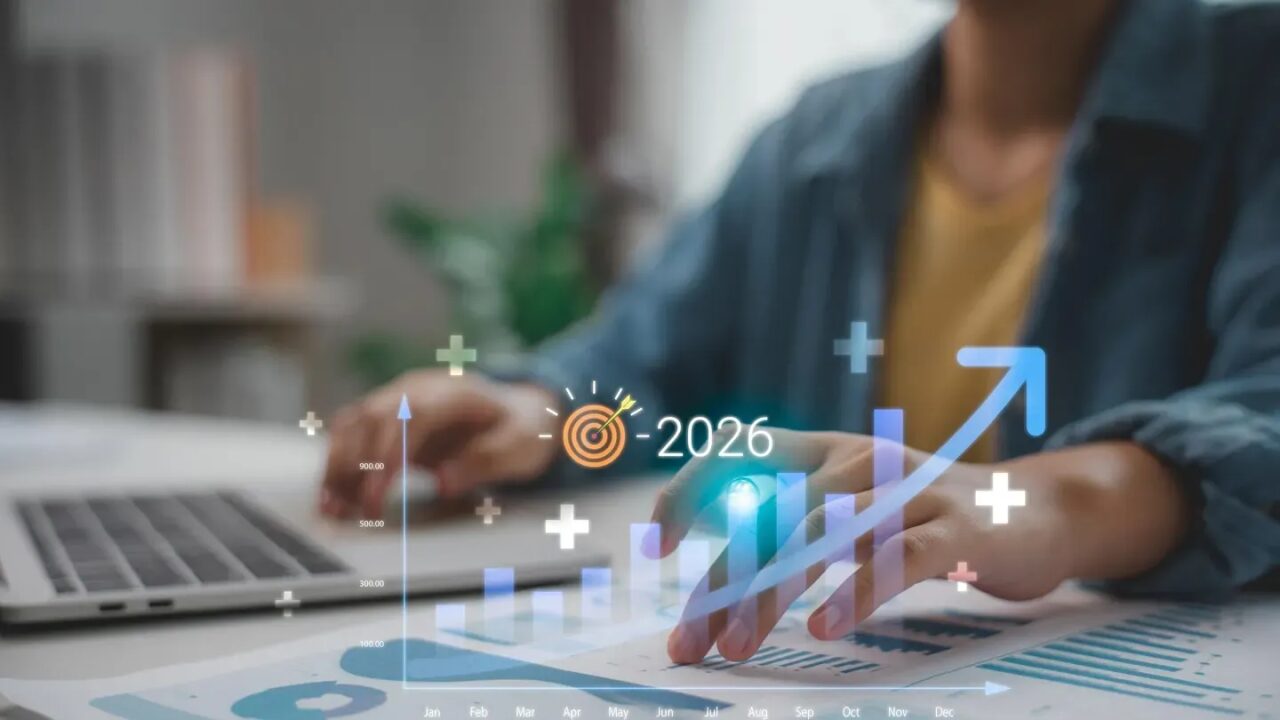
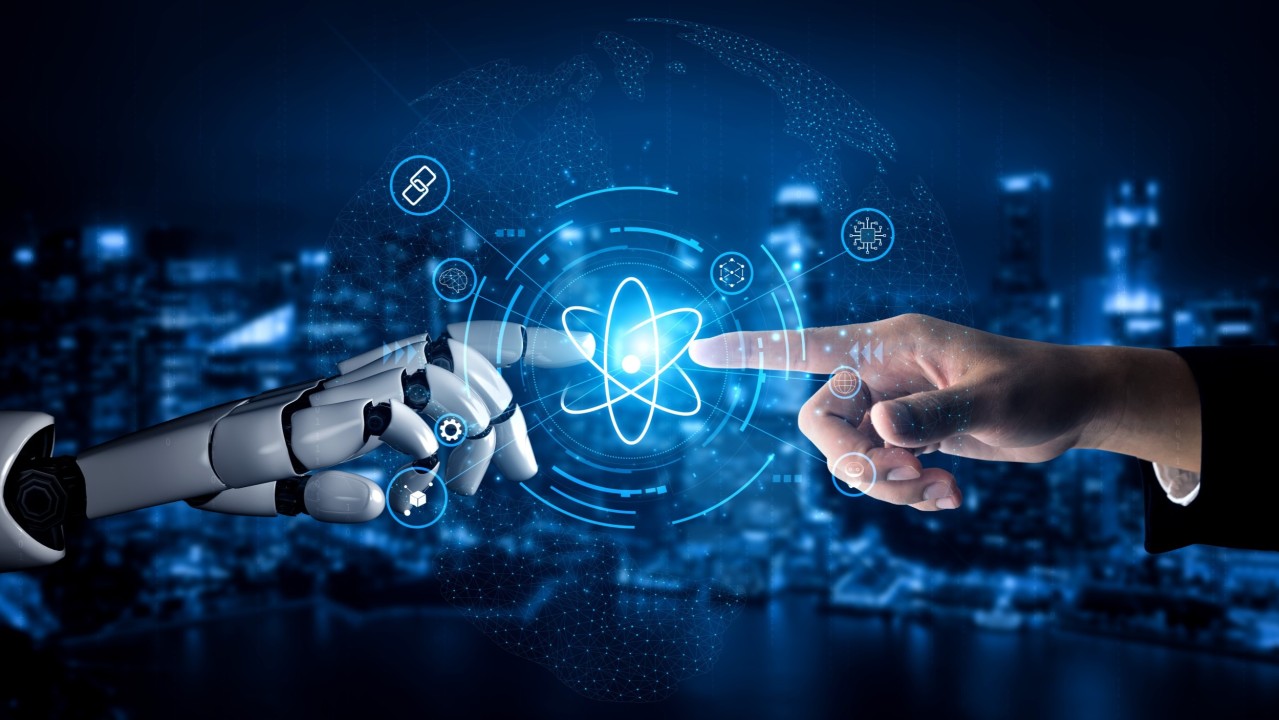
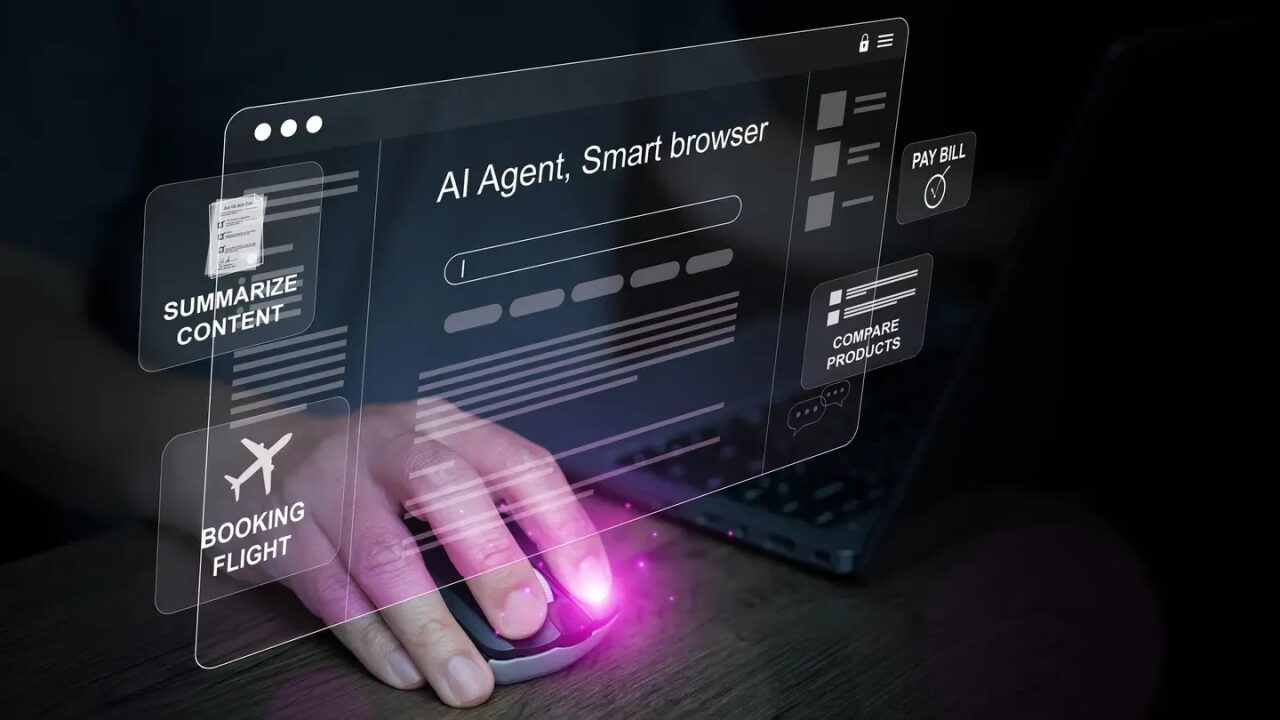
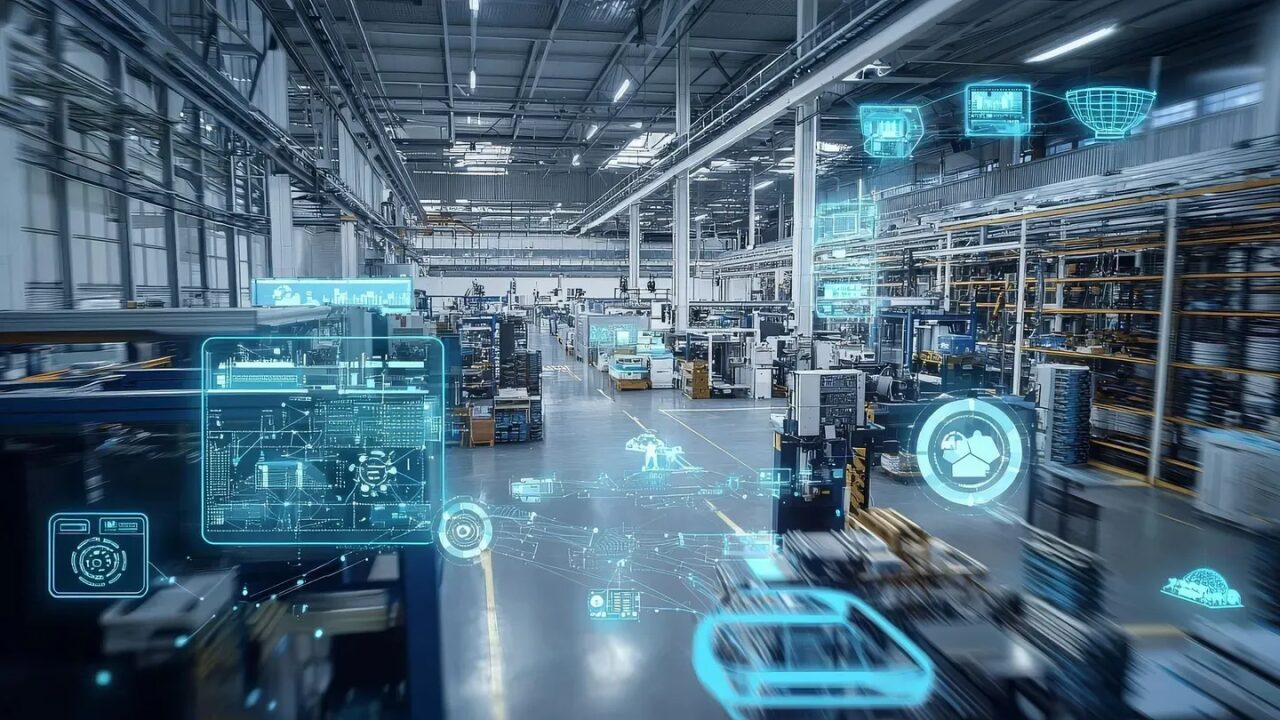

Social Media